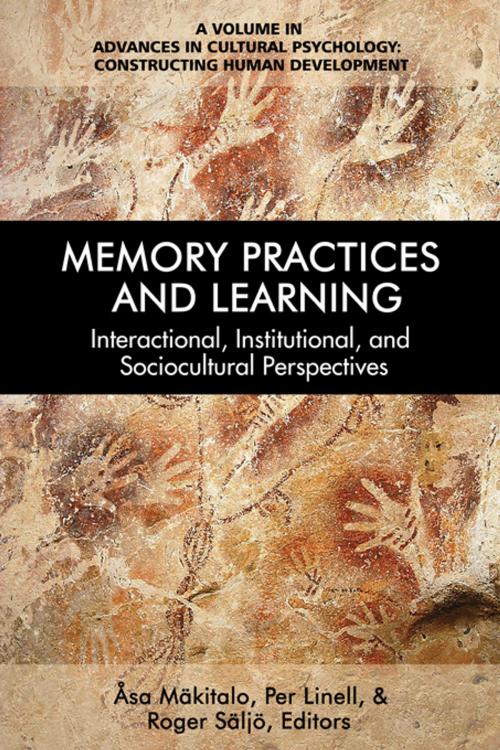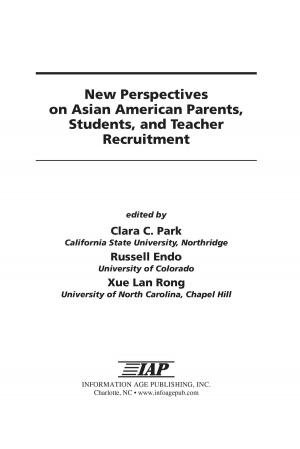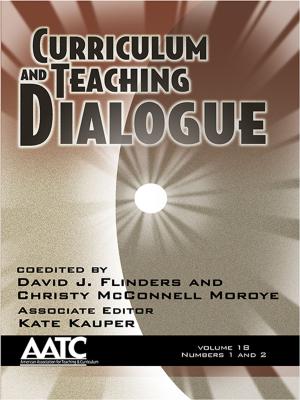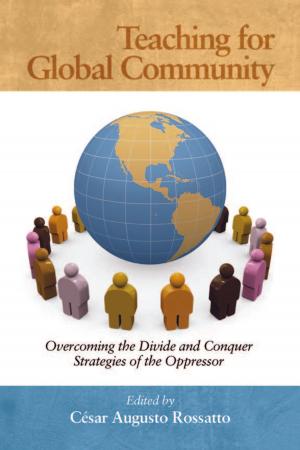Memory Practices and Learning
Interactional, Institutional and Sociocultural Perspectives
Nonfiction, Reference & Language, Education & Teaching, Educational Theory, Educational Psychology, Health & Well Being, Psychology, Neuropsychology, Cognitive Psychology| Author: | ISBN: | 9781681236216 | |
| Publisher: | Information Age Publishing | Publication: | January 1, 2017 |
| Imprint: | Information Age Publishing | Language: | English |
| Author: | |
| ISBN: | 9781681236216 |
| Publisher: | Information Age Publishing |
| Publication: | January 1, 2017 |
| Imprint: | Information Age Publishing |
| Language: | English |
Memory and learning are seen as mental phenomena and generally studied as brain processes, for example, within various branches of psychology and neuroscience. This book represents a rather different tack, based on sociocultural theory, cultural psychology and dialogism. Authors from many different disciplines and countries study memory and learning as practices adopted by people in different interactional and institutional contexts. Studies range from detailed analyses of situated activities to broad sociohistorical studies of cultural phenomena and collective memories such as national narratives and physical symbols for commemorating events and traditions. By focusing on how people engage in remembering and learning, this book provides a necessary complement to currently popular neuroscientific approaches.
Memory and learning are seen as mental phenomena and generally studied as brain processes, for example, within various branches of psychology and neuroscience. This book represents a rather different tack, based on sociocultural theory, cultural psychology and dialogism. Authors from many different disciplines and countries study memory and learning as practices adopted by people in different interactional and institutional contexts. Studies range from detailed analyses of situated activities to broad sociohistorical studies of cultural phenomena and collective memories such as national narratives and physical symbols for commemorating events and traditions. By focusing on how people engage in remembering and learning, this book provides a necessary complement to currently popular neuroscientific approaches.















